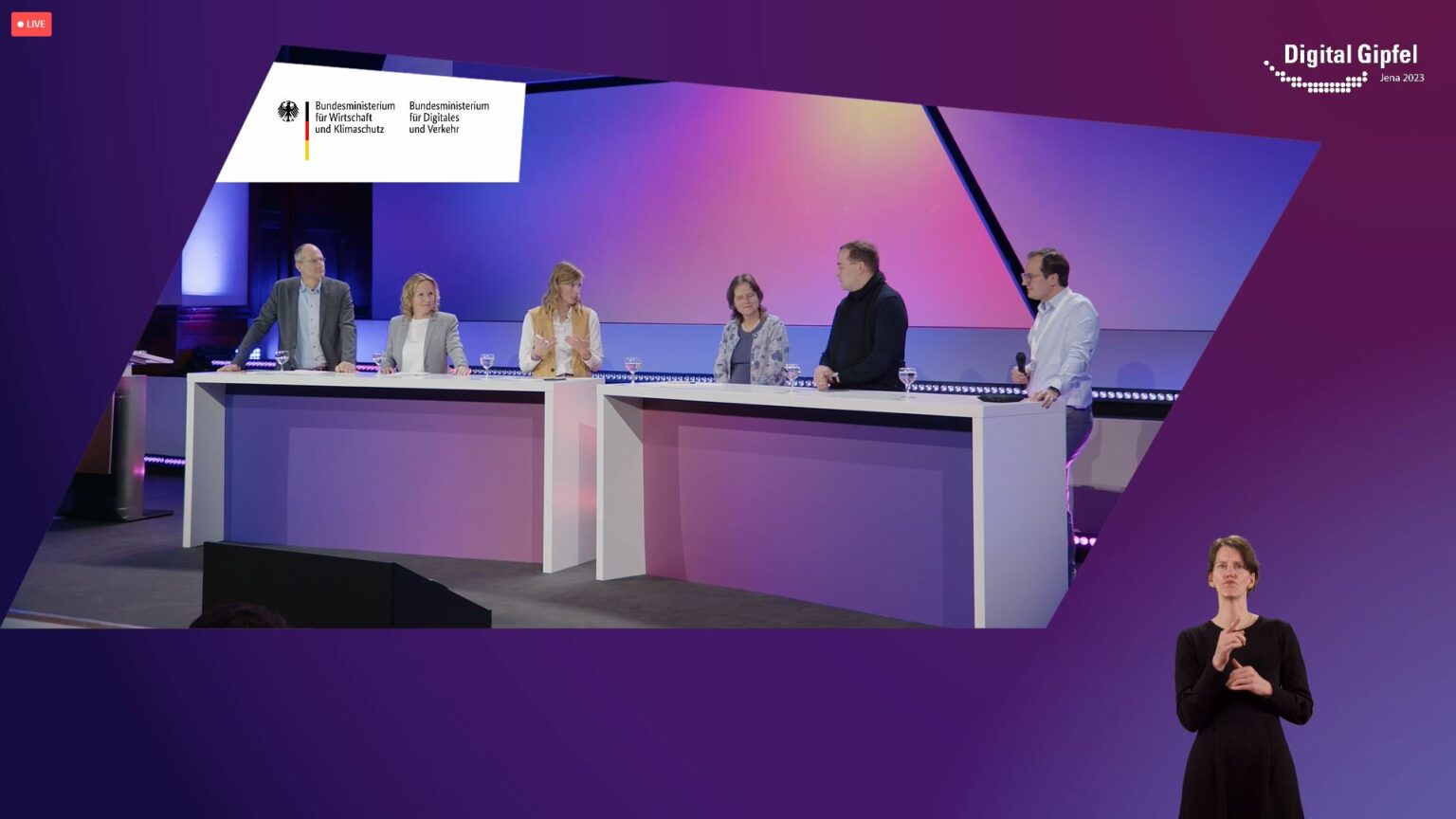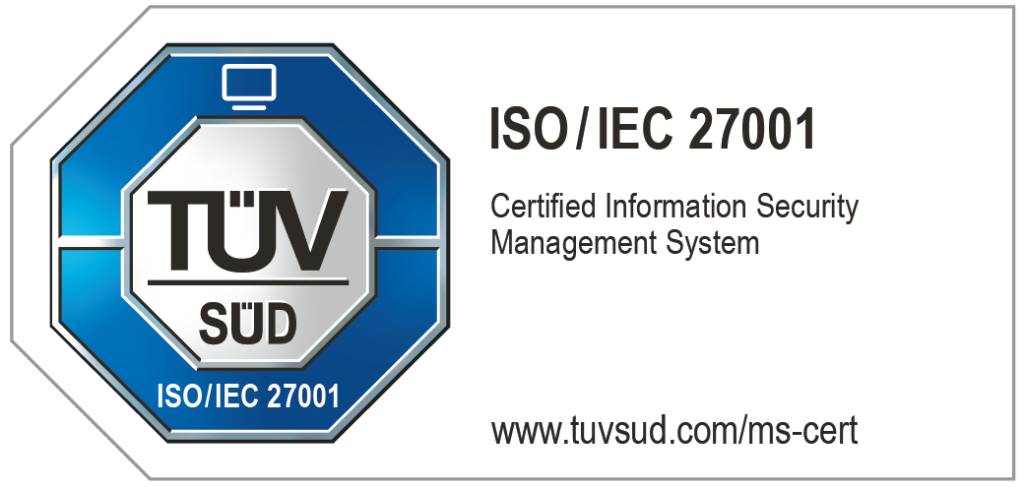This year's Digital Summit took place in Jena on 20/11/2023 and 21/11/2023 with participants from politics, business, science and civil society to discuss topics and solutions for digital transformation in the new era.
We are delighted that our COO Marius Feldmann will be discussing the opportunities of sustainable digital solutions for the circular economy as well as the opportunities and risks for the EU's technological sovereignty with other exciting experts, including Steffi Lemke (Federal Minister for the Environment, Nature Conservation, Nuclear Safety and Consumer Protection), Prof. Dr Kora Kristof (VP Digitalisation and Sustainability, Karlsruhe Institute of Technology (KIT), Prof. Dr Tilman Santarius (Professor of Socio-Ecological Transformation at the Technical University of Berlin and at the University of Applied Sciences Berlin) and Prof. Dr. Dr. K. K. (VP Digitalisation and Sustainability, Karlsruhe Institute of Technology (KIT)). Dr. Kora Kristof (VP Digitalisation and Sustainability, Karlsruhe Institute of Technology (KIT)), Prof. Dr. Tilman Santarius (Professor of Socio-Ecological Transformation at the Technical University of Berlin and the Einstein Center Digital Future) and Max Schulze (Founder and Managing Director, Sustainable Digital Infrastructure Alliance (SDIA)).
Statement Marius Feldmann Digital Summit 2023 (from 4:10:10):
You are currently viewing a placeholder content from YouTube. To access the actual content, click the button below. Please note that doing so will share data with third-party providers.
More InformationThe following key statements were summarised:
Trust in regional digital infrastructure players
We should not only be talking about data collection and data processing, but also about infrastructures. It must be ensured that the infrastructures are operated by trustworthy providers so that the data is really only stored for the intended purposes. It is therefore not enough for digital infrastructures to be "Europeanised" through compliance activities; instead, politicians and the administration must focus more on regional players in digital infrastructures. SMEs show that the foundation of innovative business models is trust in players who operate, manage and take responsibility for digital infrastructures locally.
Existence of regional solutions that enable the sustainable operation of digital infrastructures
Furthermore, there are also regional solutions that enable digital infrastructures to be operated sustainably, e.g. by building them where exciting synergies arise from an energy perspective, such as through the use of waste heat for district and local heating or where favourable energy prices are available.
Counteracting the shortage of skilled labour through a vibrant open source ecosystem
The shortage of skilled labour should also be seen as an opportunity to develop collaborative technical solutions in the field of digital infrastructures. On an open source basis, with open standards (Sovereign Cloud Stack) and on an equal footing between the players. Clubs like ALASCA - Association for Operable, Open Cloud Infrastructures e.V. show how competences can be bundled across company boundaries so that digital infrastructures can be operated and developed economically (which are in no way inferior to hyperscalers!!!) and thus sustainably strengthen #DigitalSovereignty in Germany and Europe.
Thank you very much for the invitation and the exciting exchange!







